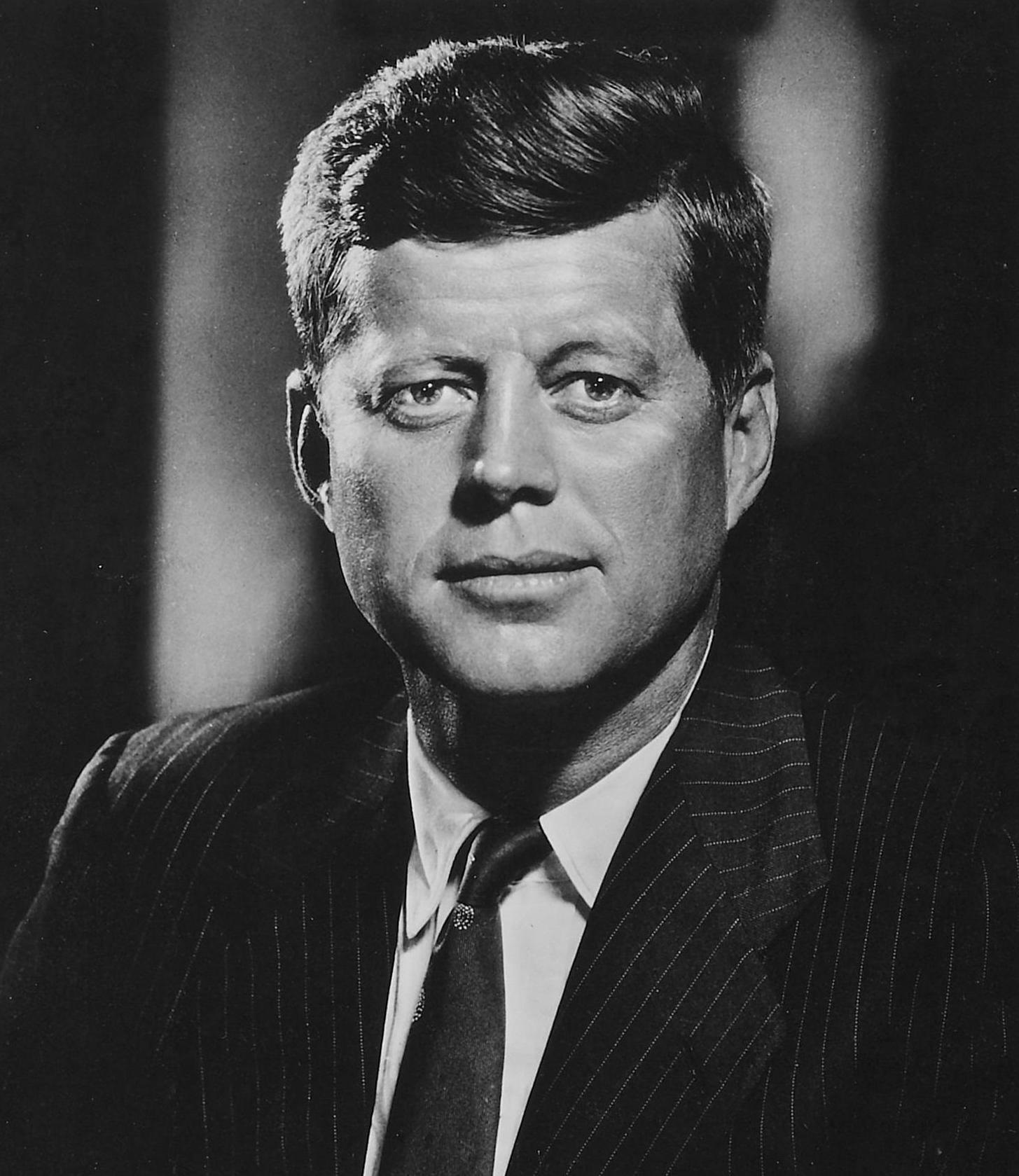NOVEMBER 22, 2021 – This was the day that we who are old enough to remember . . . remember. By November 22, 1963, however, people had largely forgotten a key issue of the 1960 campaign: Kennedy’s Catholicism. His speech before the Greater Houston Ministerial Association, however, buried the fear that if elected president, he’d be a puppet of the Vatican.
That fear now seems as quaint as current fears of “socialist” Democrats becoming puppets of the Kremlin—ignoring the probability that non-financeable-except-by-dark-Russian-mob-money-You-Know-Who was a Kremlin puppet.
If Kennedy lacked the political experience of LBJ, the moral purity of Jimmy Carter, and the humility of Gerald Ford, JFK knew how to write, read, and speak words that inspired. The trait of eloquence can be as critical as less apparent elements of great leadership.
Reagan delivered lines well but with the studied cadence of a radio announcer and TV actor. Clinton, with a high I.Q.—say what you will about his other qualities—was also a glib, practiced speaker, though not memorably poetic. “Doublya,” similar to Bush I, was as uncomfortable talking policy in public as he was comfortable telling a joke in private. You-Know-Who’s speaking prowess was limited to repetition of “very” and “biggest.”
Nixon’s best line: “I’m not a crook.”
Now we have Biden, who heroically overcame a stutter. When he must, he delivers, and with genuineness. If we won’t hear, “And so my fellow Americans: ask not what your country can do for you—ask what you can do for your country,” we’ll hear about the homespun wisdom of . . . Joe’s dad.
What’s impressive about Kennedy is that 58 years after his assassination, he remains more quotable than any of his successors. A few timeless examples:
“The ignorance of one voter impairs the security of all.”
“If a free society cannot help the many who are poor, it cannot save the few who are rich.”
“Those who make peaceful revolution impossible will make violent revolution inevitable.”
“The great enemy of truth is very often not the lie—deliberate, contrived and dishonest—but the myth—a persistent, persuasive and unrealistic. Too often we hold fast to the cliches of our forebears. We subject all facts to a prefabricated set of interpretations. We enjoy the comfort of opinion without the discomfort of thought.”
“The life of the arts, far from being an interruption, a distraction, in the life of a nation, is very close to the center of a nation’s purpose . . . and is a test of the quality of a nation’s civilization.”
“[W]hether you are citizens of America or citizens of the world, ask of us here the same high standards of strength and sacrifice which we ask of you. With a good conscience our only sure reward, with history the final judge of our deeds, let us go forth to lead the land we love, asking His blessing and His help, but knowing here on earth God’s work must truly be our own.”
May the inspiration of Kennedy’s eloquence be remembered beyond the sadness of that dark day in Dallas.
(Remember to subscribe to this blog and receive notifications of new posts by email.)
© 2021 by Eric Nilsson
